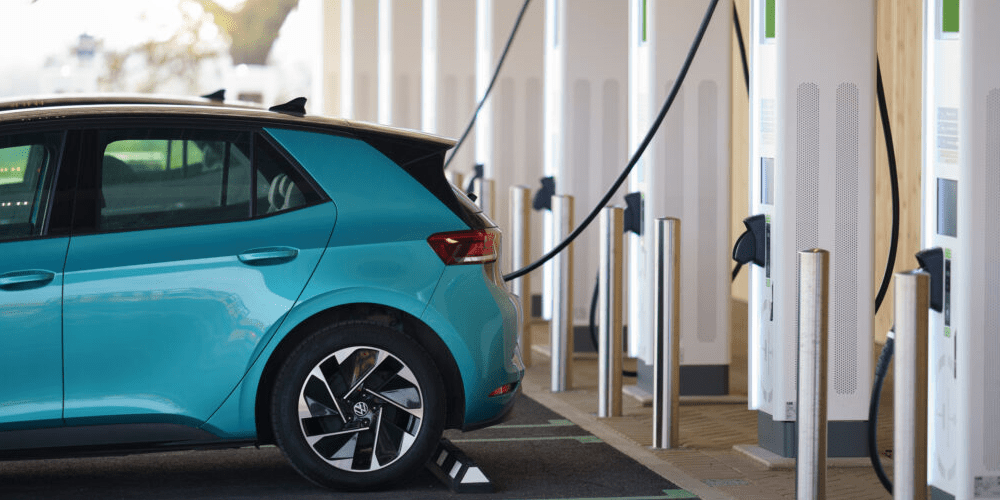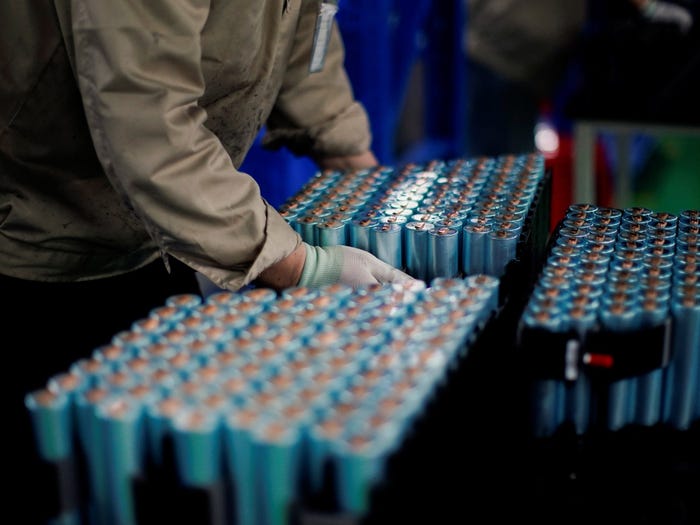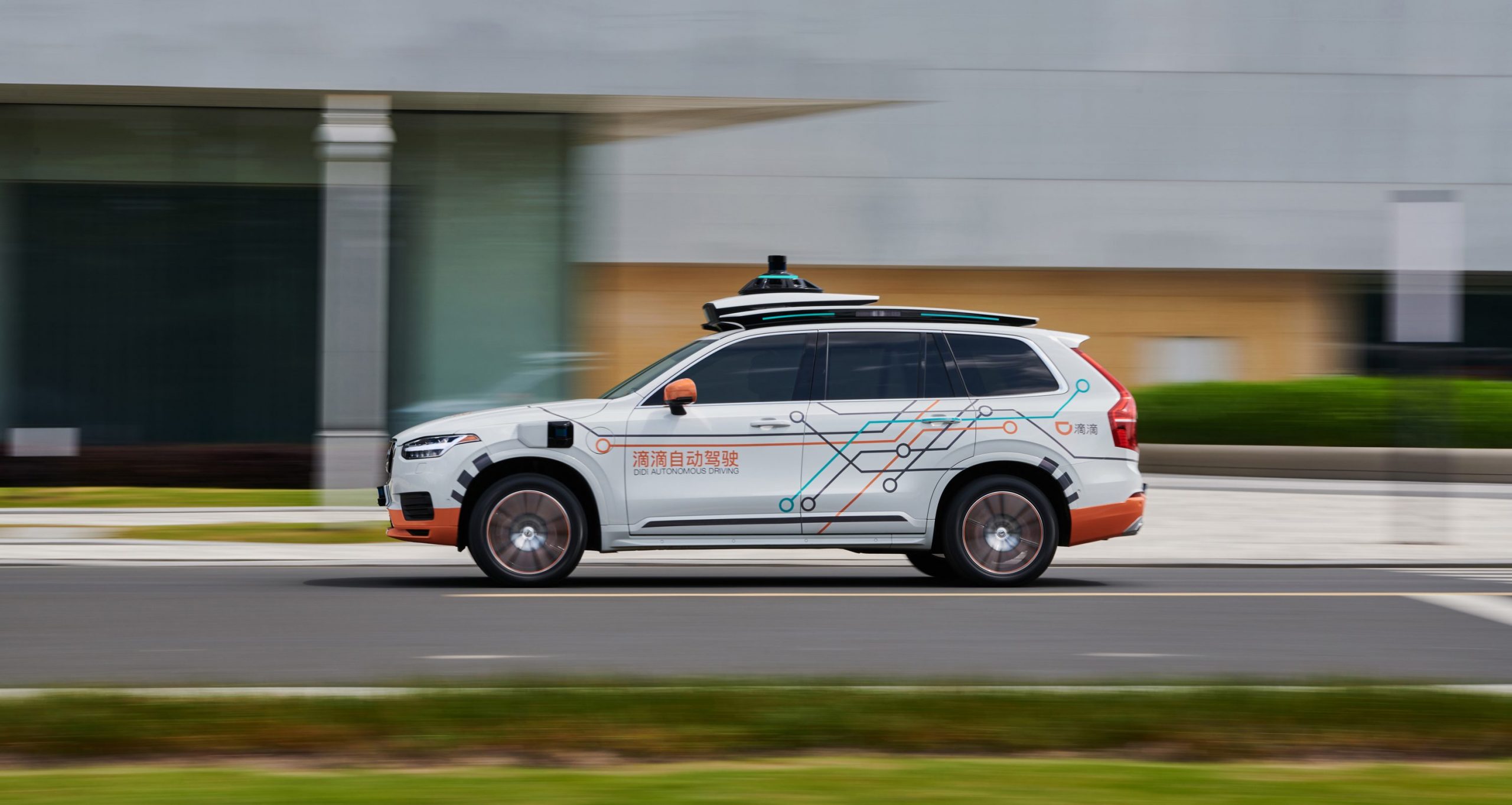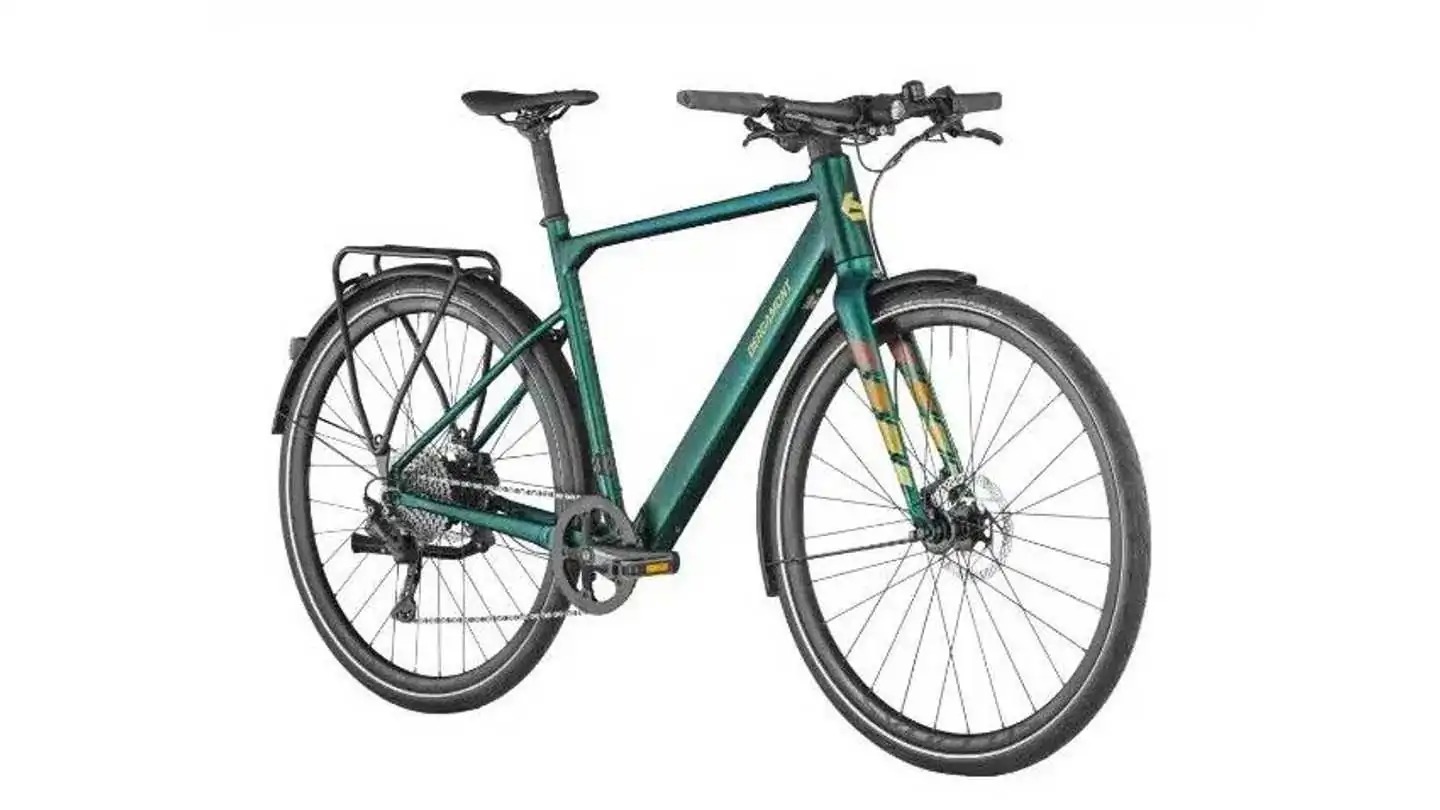Spain is set to launch two simultaneous tenders in July to select recipients for 2 billion euros ($2.16 billion) of EU funds for electric vehicle (EV) and battery production that were not allocated last year. This decision comes after the Spanish government failed to allocate 27% of its 2.9 billion euro ($3.12 billion) budget for the aid programme, known as PERTE.
The initial programme had many restrictions, including the need to submit a joint bid of large and smaller companies and a short timeline to use the funds. The revamped programme is more flexible, allowing for individual bids with simpler selection criteria.
Jose Maria Lopez, the commissioner in charge of PERTE, said that the final calendar for the tenders should be agreed on this week. Volkswagen, Renault, and Ford are among the automakers considering applying, while Tata Group is considering setting up a plant in Spain or Britain, and Slovakian battery manufacturer InoBat is also looking at opportunities for a plant in Spain.
The funds should be allocated by November with a view to starting manufacturing by 2028 at the latest. Recipients will have 40 or 60 months to bring their manufacturing operations onstream. Financing will be limited to a maximum of 350 million euros for battery projects depending on location, while there will be no limits for EV projects.
Companies that received money from the first PERTE will have to submit new projects. The European Commission has eased the initial requirement that all pandemic relief funds be invested by 2026, allowing some projects to be finalized by the end of 2028.
Spain’s dual tender represents an accelerated, broader push toward EV and battery production. The new programme is more flexible, and with less stringent requirements, Lopez is confident all the remaining funds will be used. This comes as part of Spain’s broader effort to reduce carbon emissions and promote sustainable mobility.







